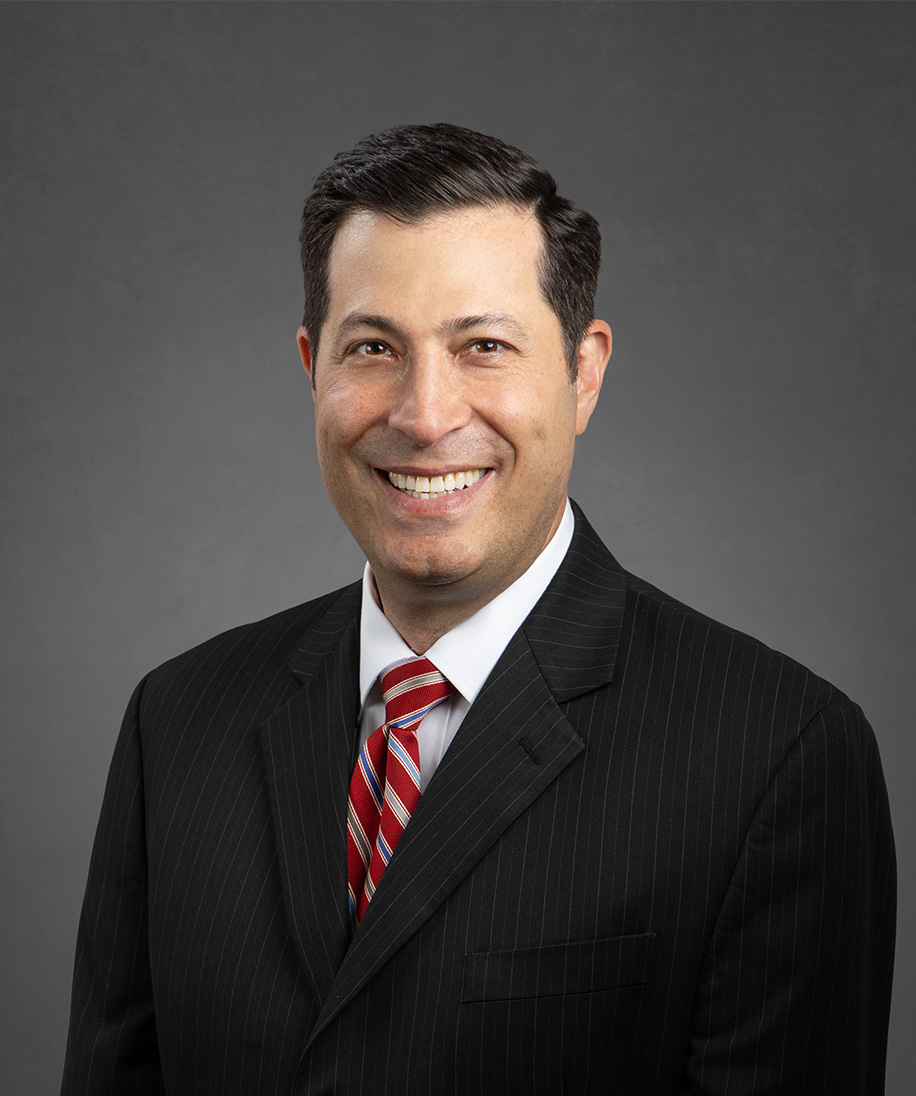Client Alert
East Coast, West Coast - The Landscape for Gender Pay Equity Claims Is Shifting
October 27, 2015
Kenneth W. Gage & Emily R. Pidot
We recently reported on the expansion of California’s equal pay law, among other changes to that state’s labor code. Last week, Governor Andrew Cuomo signed into law a suite of bills known as the Women’s Equality Agenda, “legislation designed to protect and further women’s equality in New York State,” according to the Governor’s office. Among the bills signed by the Governor are five that affect most New York employers, one of which will materially impact employers’ ability to defend claims for pay discrimination under state law. These laws take effect January 19, 2016. Employers with operations in New York should respond promptly and proactively to these changes.
Expansion of N.Y. Equal Pay Law
Section 194 of the New York State Labor law currently prohibits an employer from paying an employee a wage rate less than the rate paid to an employee of the opposite sex in the same establishment “for equal work on a job the performance of which requires equal skill, effort and responsibility, and which is performed under similar working conditions” unless the difference is based upon (a) a seniority system, (b) a merit system, (c) a system that measures earnings by quantity or quality, or (d) “any other factor other than sex.” For violations of Section 194, Labor Law Section 198 permits recovery of back pay, reasonable attorneys’ fees, prejudgment interest, and (absent proof by the employer that it had a good faith belief that it was in compliance with the law) liquidated damages of 100% of the back pay. The statute of limitations on NY equal pay claims is six years.
The bill signed by Governor Cuomo makes five material changes to Sections 194 and 198.[1]
First, and most significantly, it replaces the “any other factor other than sex” defense with “a bona fide factor other than sex, such as education, training, or experience.” It then goes further to require two things: “[s]uch factor (i) shall not be based upon or derived from a sex-based differential in compensation and (ii) shall be job-related with respect to the position in question and shall be consistent with business necessity.” “Business necessity” is specifically defined “as a factor that bears a manifest relationship to the employment in question.”
Second, the new law will allow a plaintiff to overcome the “bona fide factor” defense by showing that the employer’s practice causes disparate impact because of sex, that an alternative practice exists that would serve the same purpose and not cause such impact, and that the employer has refused to adopt the alternative practice.
Third, employees will be considered to work in the same establishment if they work “at workplaces located in the same geographical region, no larger than a county, taking into account population distribution, economic activity, and/or the presence of municipalities.”
Fourth, similar to the new California statute and the recently announced federal regulations concerning Pay Transparency that are applicable to federal contractors, the new law makes it unlawful for employers to prohibit employees from inquiring about, discussing, or disclosing their wages or the wages of other employees. Employers, however, may adopt written policies that articulate “reasonable workplace and workday limitations on the time, place and manner for” such discussions about wages. The Labor Commissioner is expected to promulgate standards for such policies. Similar to the federal regulations, the prohibition in the new law does not apply to employees who have access to compensation information “as part of such employee’s essential job functions,” unless she or he discloses such information in response to a complaint/charge of discrimination or in furtherance of an investigation.
Fifth, a successful plaintiff will now be able to collect liquidated damages up to three times back pay, if she can prove that the employer’s violation was willful.[2]
New York courts have historically looked to case law under the federal Equal Pay Act, 29 U.S.C. §206(d), for guidance in interpreting Section 194. With these textual changes, that case law will no longer provide such clear guideposts. “Job relatedness” and “business necessity” are Title VII concepts for which there is an abundance of federal case law, which likely will provide guidance for courts applying the new Section 194. What it means for a wage difference to be “based upon or derived from a sex-based differential in compensation,” however, remains open for debate. The legislation is silent about whether wages of NY employees can be compared to wages of employees outside of NY. It also creates a greater opportunity for debate over whether two employees work at the same “establishment” for purposes of comparing wages. These issues are likely to be the subject of future litigation.
Expanded Protections for Victims of Sexual Harassment
Also part of the Women’s Equality Agenda, another bill amends the definition of “employer” under the New York State Human Rights Law for purposes of sexual harassment claims. The term “employer” previously included only those employers that employed four or more persons in the state. The amendment provides that in cases of sexual harassment, the term “employer” includes all employers, regardless of the number of employees.
Protecting Women from Pregnancy Discrimination
Employers will now be required to provide reasonable accommodations for “pregnancy-related conditions” in addition to disabilities. The amendment defines a pregnancy-related condition as “a medical condition related to pregnancy or childbirth that inhibits the exercise of a normal bodily function or is demonstrable by medically accepted clinical or laboratory techniques[.]” The new law clarifies that accommodation need only be offered to employees who may, with reasonable accommodation, perform the functions of the job, and that pregnancy-related conditions will be treated as temporary disabilities.
Prohibiting Family Status Discrimination
The new law amends the New York State Human Rights Law to add “familial status” to the growing list of protected characteristics on which an employer may not discriminate.
Conforming Remedies with Title VII and NYC Human Rights Law
Finally, prevailing plaintiffs in sex discrimination cases brought under the New York State Human Rights Law may now recover attorneys’ fees—a remedy previously only available for actions brought pursuant to Title VII of the Civil Rights Act or the New York City Human Rights Law. The law also makes clear that a prevailing defendant may only recover reasonable attorneys’ fees from a plaintiff if the employer can prove that the case was “frivolous” based on a finding by a court that the proceeding was brought or continued in bad faith or to harass or maliciously injure another; or brought without any reasonable basis or good faith argument for a change to existing law.
In response to these changes, New York employers should re-examine their EEO policies and pay and leave practices, and consider undertaking a privileged pay-equity analysis to ensure that they are in compliance with the law.
***
[1] Unlike the new California statute, the amended New York statute does not change the concept of equal pay “for equal work” to equal pay for “substantially similar work.”
[2] Prior to 2009, proof of willfulness was required for recovery of liquidated damages. That year, the legislature amended the statute to eliminate the willfulness requirement and instead place the burden on employers to prove that they acted in good faith in order to avoid liability for the liquidated damages amount. Now, the concept of willfulness returns, with the burden back on the plaintiff, but the reward for success now being liquidated damages of up to 300% of back pay.
Contributors




Practice Areas
Workplace Retaliation and Whistleblower Defense
Executive Compensation, Benefits, and ERISA
Employment Counseling and Preventive Advice
For More Information



